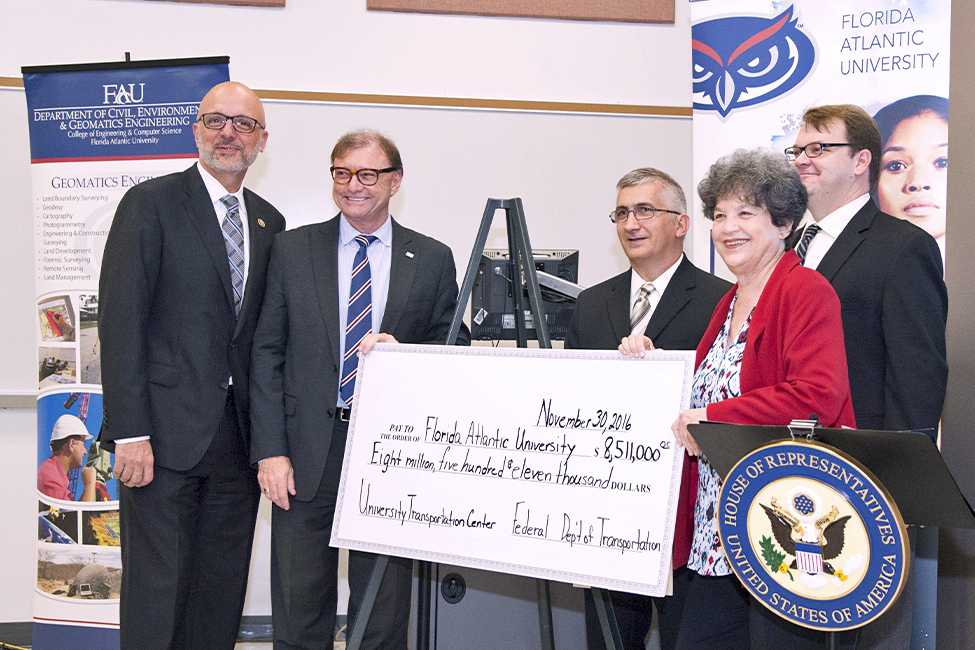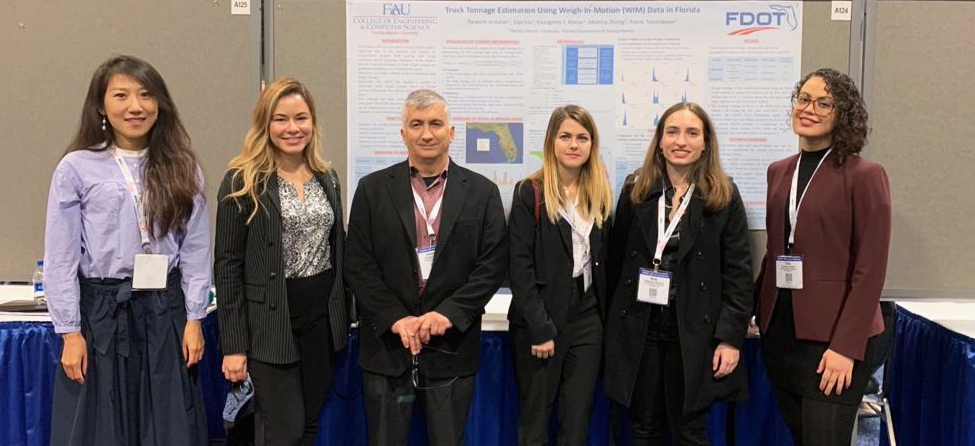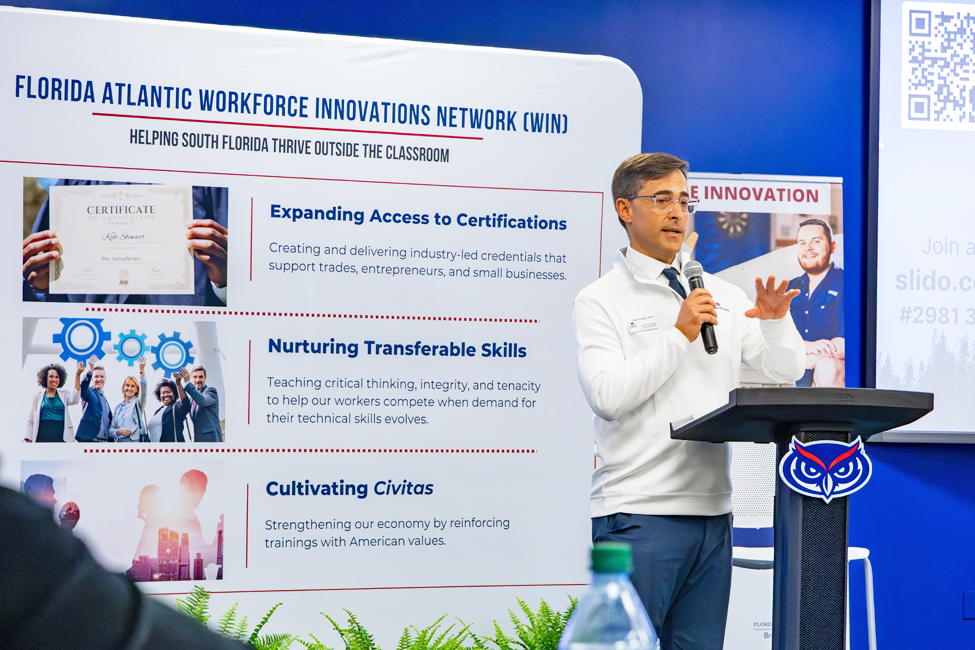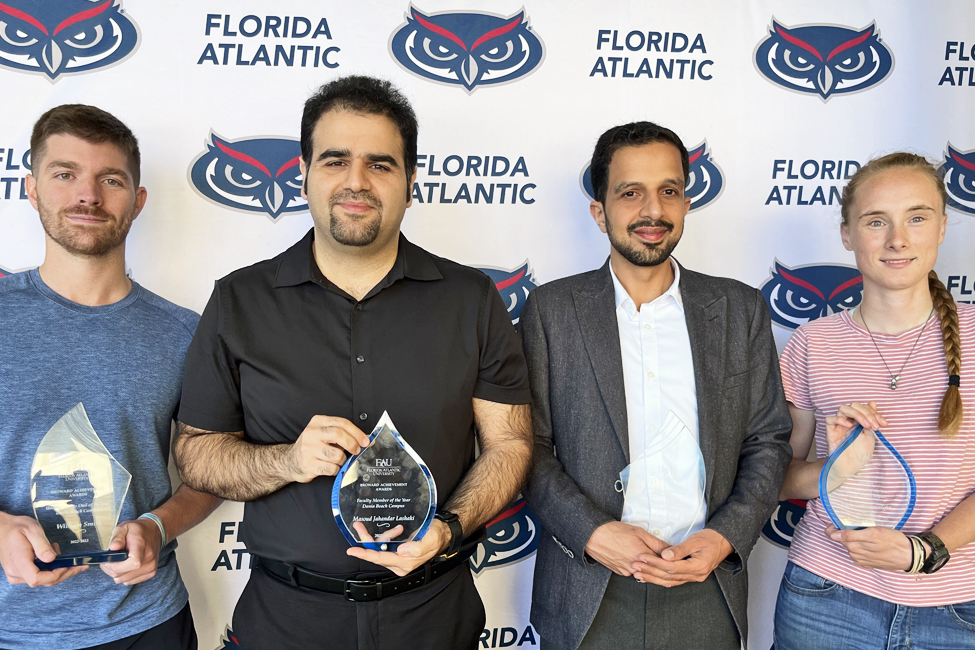The Freight Mobility Research Institute Strengthens the Nation's Freight Transportation System
by Roberto Santiago & Alberto Fernandez | Friday, Sep 25, 2020
The Freight Mobility Research Institute (FMRI), housed within FAU Sea Tech in Dania Beach, is one of FAU’s best and also one of its little known research centers. The FMRI is a Tier 1 University Transportation Center funded by the United States Department of Transportation (USDOT) and housed in the Department of Civil, Environmental and Geomatics Engineering within FAU’s College of Engineering and Computer Science. FMRI consists of a consortium of experts from Hampton University, Portland State University, Texas A&M University, University of Florida, University of Memphis, and the University of Minnesota with expertise in freight transportation, network modeling, sustainability, and intelligent transportation systems.
"FMRI’s mission is to address critical issues affecting the planning, design, operation and maintenance of the nation’s intermodal freight transportation system, in order to strengthen our nation’s economic competitiveness," said Dr. Evangelos Kaisar, Professor and Director of FMRI and Multimodal Intelligent Transportation Systems Laboratory in the department of Civil, Environmental and Geomatics Engineering.
"The efficiency of freight mobility in the US is challenged by growth in domestic and global demands that are outpacing existing capacity. The mobility challenges facing the nation are clear: aging infrastructure, congestion, and environmental sustainability, to name a few. The challenges increase as trips lengthen and traverse more of the transportation network, a problem directly affecting freight transportation."

Dr. Kaisar explained that through a comprehensive program of research, education and technology transfer, the consortium’s objectives are to improve system operation by way of new robust methodologies for measuring performance, innovative tools to study and optimize connectivity between intermodal facilities, as well as methods to evaluate the reliability of our national freight network.
"We seek implementable solutions to the problems outlined in MAP-21 (The Moving Ahead for Progress in the 21st Century Act) as well as to be a resource to the USDOT as it formulates the next National Freight Strategic Plan," Dr. Kaisar said.
The demand for freight transportation has been steadily growing. Latest estimations showed this mode of transportation tends to reach 25 billion tons/$37 trillion (from 18.1 billion tons/$19.2 trillion in 2015) by 2045. Coastal areas include 14 of the 20 largest Metropolitan Statistical Areas in the United States. Clicke here to learn more about FMRI.


